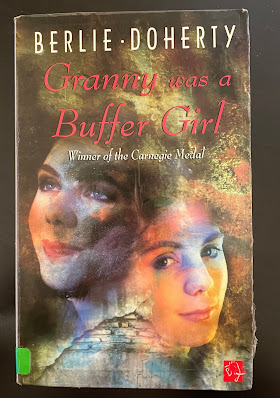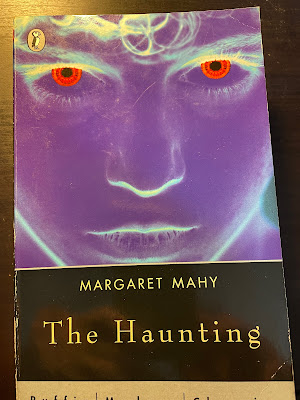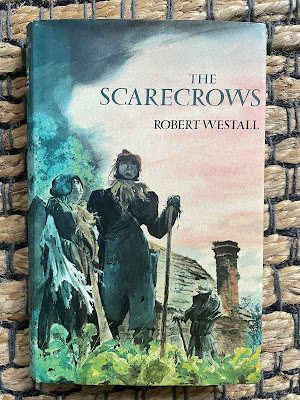Four More Carnegie Winners

So, here we are in the 1990s and we're starting to see more and more books about 'Issues'. In 1991 Berlie Doherty tackled teenage parenthood, and you might say that in 1992 Anne Fine was in the same territory, although while Flour Babies touches on some of the same issues as Dear Nobody it's also funny and poetic and beautifully constructed. It absolutely avoids any kind of preaching and I love the way the words and tune of an old song are woven into the final third of the book and contribute to its transformative climax. This book has a tremendous final paragraph and I do love a good ending. It's a shame I can't quote it but that really would be a spoiler. Then in 1993 as a complete contrast there was Stone Cold by Robert Swindells, a bleak book with a central character who is all victim and has no agency whatsoever, and apparently no hope. It's a book, almost a documentary, about teenage homelessness, dressed up as a thriller about a seri...







